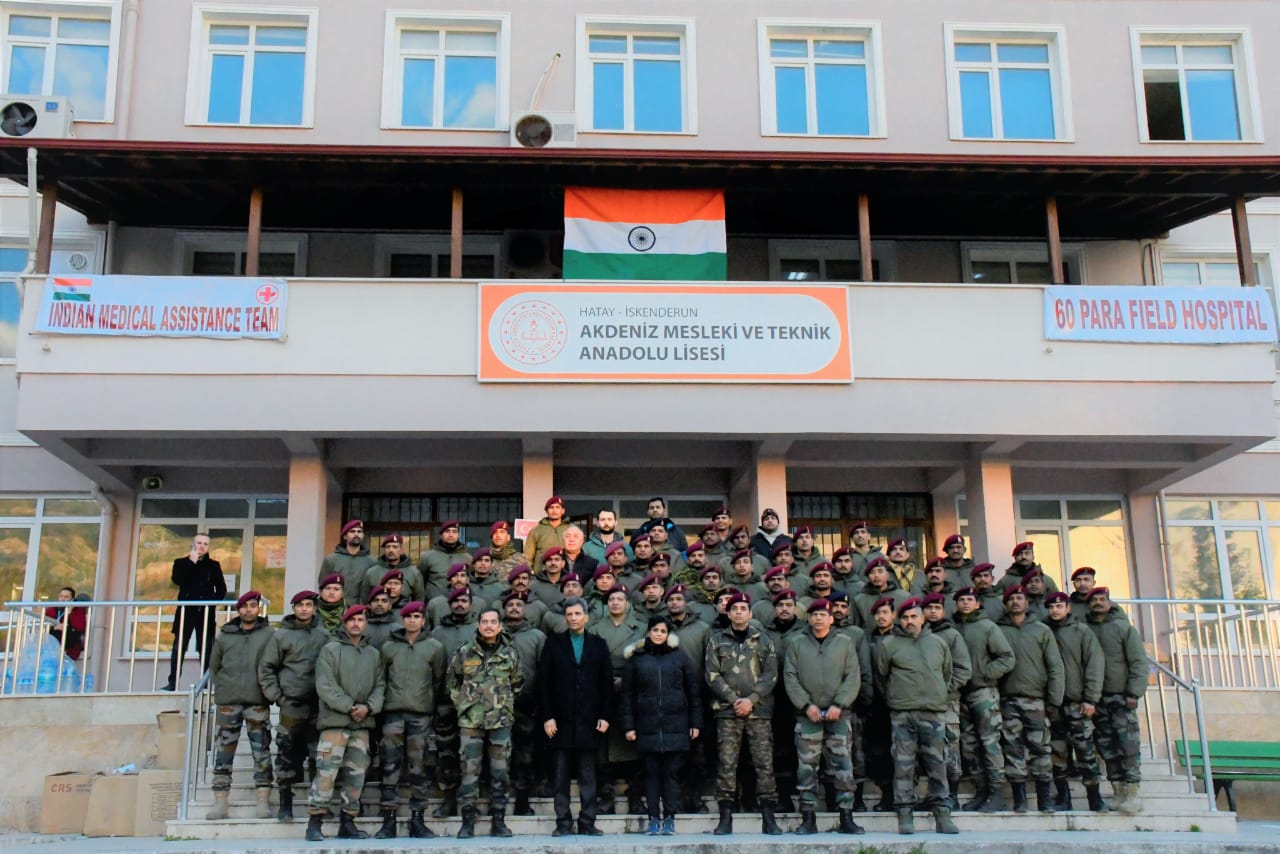
The Payoffs Of Disaster Diplomacy
 Sat, 11 Feb 2023
| Reading Time: 8 minutes
Sat, 11 Feb 2023
| Reading Time: 8 minutes

At least two devastating earthquakes in the region of the Türkiye-Syria border near the south eastern province of Kahramanmaras, north of Gaziantep and near the border of Syria, have left the two nations in despair. The area is known for big seismic activity, but for long it has not witnessed something this big; 7.8 on the Richter scale. Fatal casualties are usually very high during such earthquakes when large urban areas, especially those with old infrastructure, are struck. Already the fatalities have crossed 17000 and it’s my estimate that it could go to 30,000. Turkey has rightly declared a state of emergency for three months. The Izmit (Türkiye) quake of 1999 caused 18000 deaths and created sufficient political turbulence to see the back of the then Prime Minister Bülent Ecevit who could not get the state to respond adequately and in a timely fashion. The current Turkish President Recep Tayyab Erdogan is feeling the heat of that recall. Syria’s infrastructure has already been wracked by years of civil war and things are yet to fully stabilize there. The affected region in Syria is the one where all the tension exists; those related to the civil war, separatism by the Kurds and the entry points for ISIS, some of which are yet functional.
India offered help within just a few hours of occurrence of the disaster, without awaiting any formal request. This was in keeping with two phenomena. First, the coming of age of professional disaster management involving both facets, disaster risk resilience and disaster response in India. Second the entire issue of international humanitarian assistance and disaster response (HADR) is a part of one of Prime Minister Narendra Modi’s flagship codes; the Ten Point Agenda for Disaster Risk Reduction, given at the Asian Ministerial Conference on Disaster Risk Reduction (AMCDRR), at New Delhi in Nov 2016. It’s the mantra for disaster management within India and quoted quite extensively internationally too. The tenth point in this agenda reads – “Bring about greater cohesion in international response to disasters”. The National Disaster Management Authority’s (NDMA) website explains this as — “The impact of disasters is huge and so are the needs to be prepared for and responded to strategically. Across the globe, countries face disasters similar in nature and sometimes across single countries too. It requires coordinated and unified response by those affected. Pre-disaster planning and preparedness can result in effective and timely response; hence it is important to bring about greater cohesion in international response to disasters. International forums and protocols should be used in addressing disaster risks for effective and coordinated response”.
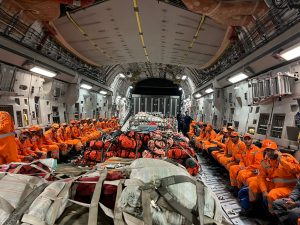
The above point broadly captures the spirit of the Prime Minister’s ardent desire to see India’s growth process and emergence as a modern nation, being associated also with its ability to come to the assistance of those in need. A wisely chosen domain for a few reasons: –
- The frequency of big disasters is only going to increase due to the dynamics of climate change and other ecological challenges.
- The ability of nations to handle disasters on their own is going to dwindle. Thus, developing expertise on disaster related technologies, knowledge sharing on these and possessing the capability to bring all these to the fore in rescue and relief missions, will win more friends and more brownie points for responding and assisting nations.
- As climate change brings more calamitous situations in its wake it will not be possible for the UN and its agencies, nor big NGOs to bring effective relief on their own. It will have to be a joint effort by many nations who have the overall capability and will to step into such situations without too much concern about the financial outlay involved nor the political and diplomatic benefits.
- There will be many times when humanitarian assistance will need to override political and strategic considerations.
- Nations wishing to make an international impact in terms of their comprehensive national power (CNP), spoken reputation and strategic influence would find this domain extremely suitable to invest in.
The domain of disaster risk is such that there would hardly be a nation which can boast of being a hundred percent self-reliant in managing the effects of a big-ticket disaster related event involving human existence and livelihoods. In 2005 Hurricane Katrina caused destruction worth USD 186 Billion . 130 countries came to the assistance of the US despite its superpower status and being the richest nation in the world.
India has had a healthy record of providing timely material and all other assistance to nations struck by disasters. The Indian Air Force delivered 25 tons of relief supplies for the Hurricane Katrina victims at the Little Rock Air Force Base, Arkansas in Sep 2005. Under ‘Operation Castor’, 50 sorties were undertaken and four aircraft and two Naval ships were engaged in relief operations in the Maldives islands after the Tsunami of Dec 2004. Similarly, Operation Rainbow was executed for Sri Lanka for the same disaster. The 2011 Tsunami wreaked havoc in Japan. Apart from providing relief materials, India also sent 46 members of the National Disaster Response Force (NDRF) to conduct search and rescue in the town of Onagawa. The NDRF personnel stayed on for assistance in nuclear relief too. In 2015, under Prime Minister Narendra Modi, India took the decision for an expanded degree of assistance to neighbouring Nepal during the devastating Kathmandu earthquake. NDRF deployed 16 of its urban search and rescue (USAR) teams, which comprised more than 700 rescuers in the country. They rescued 11 injured persons and retrieved 133 dead bodies from the rubble. The teams also organized six medical camps and attended to 1,219 persons. Indian authorities sent more than 1,176 tons of relief materials to Nepal. The entire initiative and its handling won unabashed praise for the Indian Government.
The philosophy of our government rightly harps on self-reliance. Once a nation decides to adopt this route and has the means to achieve it, it acquires a higher status and the capability to assist other nations under emergent conditions, especially those involving disasters leading to loss of lives. India has been assisting the neighborhood ever since one can remember. However, the higher level of assuredness, confidence, and capability which comes from better economic status contributes much to the CNP which ultimately is the driver of all strategic changes. The ability to assist other nations in their moments of vulnerability is perhaps the greatest contributor to diplomacy. The tenth point of Prime Minister Modi’s ten point program on disaster risk resilience must therefore not be viewed in isolation as simply a measure to be listed but as a most important instrument of diplomacy.
Turkey may not be the friendliest of nations as far as India is concerned. Reputed for its secular and middle path approach to wean itself away from the obscurantist ideologies of the Middle East and the old Ottoman Empire it is known for the valiant efforts of Kemal Ata Turk (Kemal Pasha) to make it truly European. However, there have been paradoxes galore with Turkey’s very frequent efforts to support Pakistan, particularly over the Jammu & Kashmir issue. Islamic affinity has driven this, as the Organization of Islamic Cooperation (OIC) remains a place where power centers vie with each other. Nations like Turkey, Saudi Arabia, Iran, Indonesia and Pakistan among others seek influence and create power groups. For Pakistan and Turkey, India remains a favourite whipping boy while we garner support from Saudi Arabia, UAE and many times the neutrality of Iran has been helpful. Effective diplomacy means the maximization of positive impact by our actions involving relations with other nations, or the maximum neutralization of adversarial efforts against our interests. While broad parameters of foreign policy dictate the type of attitude and the nature of relationship to be followed, the same may not apply in letter and spirit to the domain of humanitarian assistance and disaster response (HADR).
It is interesting to note that in May 2021 Turkey invoked Mahatma Gandhi and Sufi poet Jalaluddin Rumi as it delivered 50 tons of relief material, including five oxygen generators, to support India against a devastating second wave of coronavirus infections. “Turkey supports communities across the world in their fight against the Coronavirus pandemic. We are proud to stand with the people of India in these trying times,” – said Ibrahim Kalin, Special Adviser to President Erdogan. Thus, India’s current response may have been in kind, a quid pro quo, so to say. However, HADR in such serious situations is best approached from a human angle rather than a politico-diplomatic one. India, its government, leadership and institutions have done exactly what is expected by the international community and exalted the reputation and name of the Gandhian philosophy which too is an element of Indian soft power. Bearing the ability to shape a broader narrative in bilateral and multilateral diplomacy, soft power remains a vital instrument in foreign policy by itself. As a test case the termination of the ongoing Indian assistance mission to Turkey should be seen with much interest. 60 Para Field Ambulance from Agra with its smartly turned out and highly efficient medical officers (many lady doctors among them) is making such an impact in Southern Turkey that one can visualize change in attitude among the Turkish leadership, political community and the people. There is the presence of the National Disaster Response Force (NDRF) and its untiring efforts to discover life among the ruins and keep hopes alive. To supplement the Indian official effort is Khalsa Aid, the Sikh NGO which is like a balm across all frontiers to sooth the trauma and provide relief. The Indian footprint is indeed visible in the tragedy.
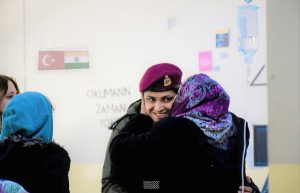
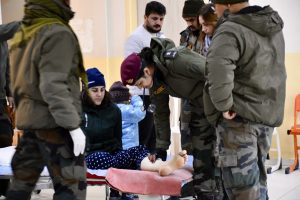
The Syria story bears even more tragedy but its obvious that an Indian response involving manpower deployment is not possible there due to the unstable security environment. While we may have sent adequate troops for security, India rightly opted to focus on the delivery of relief material, allowing the Syrian people to help themselves. This may always be debated in the humanitarian and diplomatic circles but the security of personnel being deployed on humanitarian duties is the responsibility of the state to which they belong. Even UN agencies have very limited access to Syrian people and NGOs are far and few. Irregular elements are not bound by UN laws of war thus making such areas almost inaccessible.
As a convention India does not accept foreign material or other humanitarian aid in disaster situations. An exception was made during the second phase of the pandemic due to the sheer enormity of the challenge. If we wish to project our self sufficiency in such matters, perhaps two basic principles should be followed. First, Indian lives must not be lost due to the refusal of aid and assistance. If better technologies are available and, in the timeframe needed, these should be accepted. Second, there should be exercise of flexibility as a principle and we should not stick by the restrictions of policy. Lastly, this is one domain where political consensus is a must for maximum effectiveness. This may not always emerge but no opportunity should be spared to ensure that there is no politicization of the disaster and its effects.
A word about the Indian Air Force (Transport element). It’s done a great job for the nation, first during the pandemic, then during the logistics lift to Ladakh as response to the Chinese build up, and now the current mission. There have been many more in between. Without this strategic lift capability, we could never have managed anything as big as Op Dost (name of the current operation).
The National Disaster Management Authority (NDMA) which works under the Prime Minister’s direction, is now sufficiently experienced to handle the policy issues concerning international HADR. I can recall that in the last three years there must have been almost a dozen or more large HADR exercises involving different countries.
Disclaimer
The opinions expressed in this article are the author’s own and do not reflect the views of Chanakya Forum. All information provided in this article including timeliness, completeness, accuracy, suitability or validity of information referenced therein, is the sole responsibility of the author. www.chanakyaforum.com does not assume any responsibility for the same.
Chanakya Forum is now on . Click here to join our channel (@ChanakyaForum) and stay updated with the latest headlines and articles.
Important
We work round the clock to bring you the finest articles and updates from around the world. There is a team that works tirelessly to ensure that you have a seamless reading experience. But all this costs money. Please support us so that we keep doing what we do best. Happy Reading
Support Us





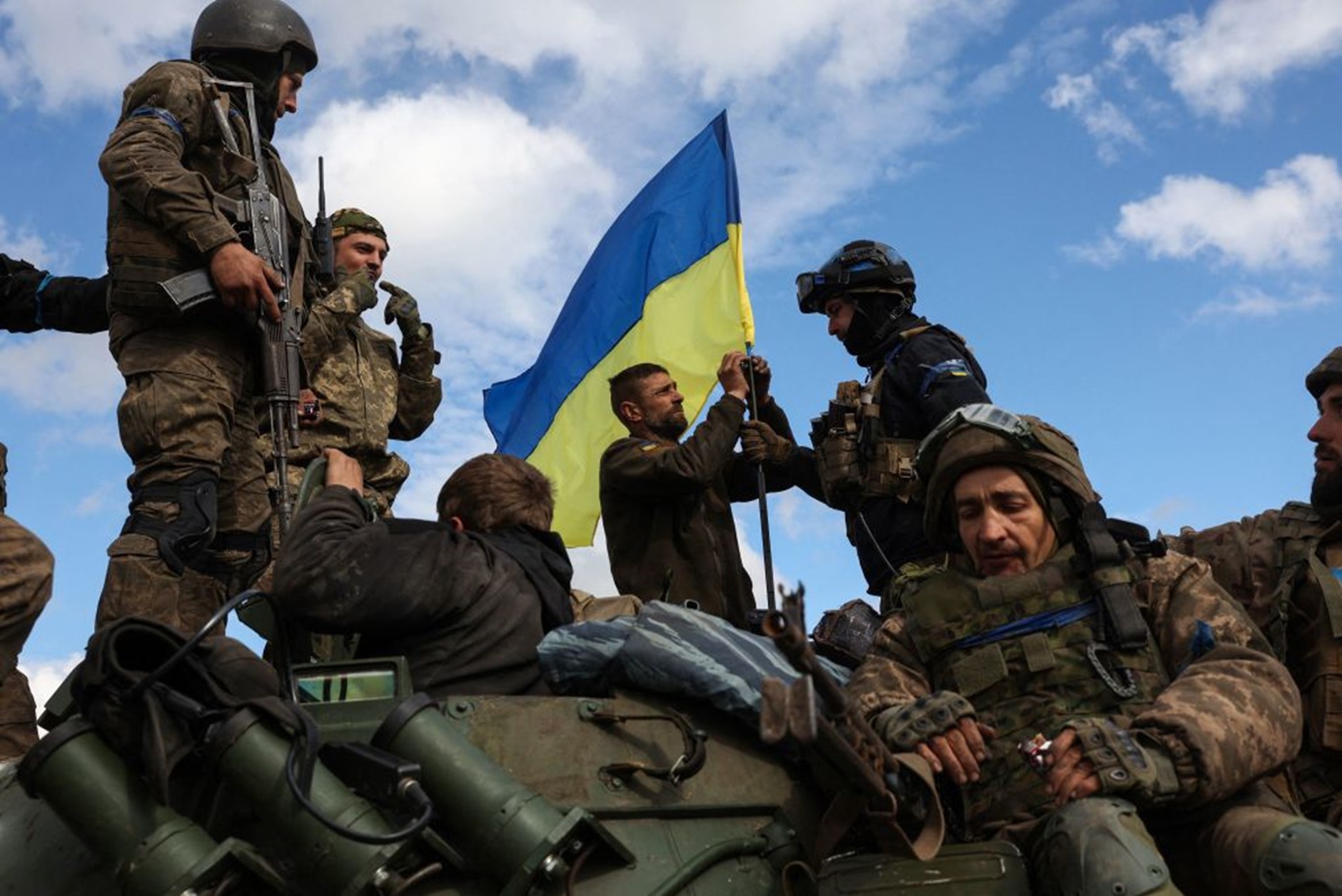
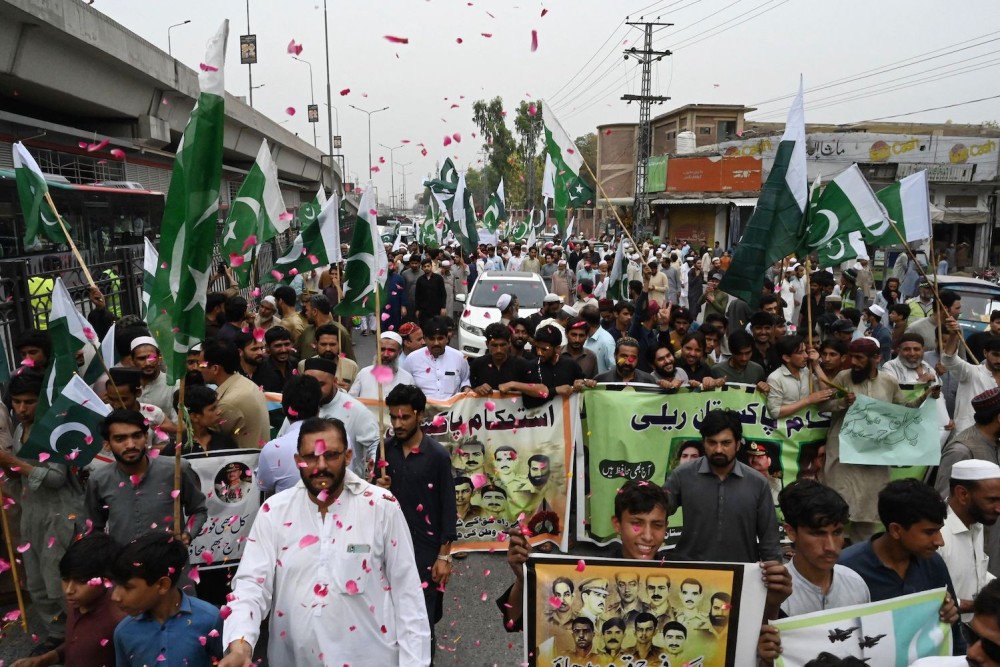
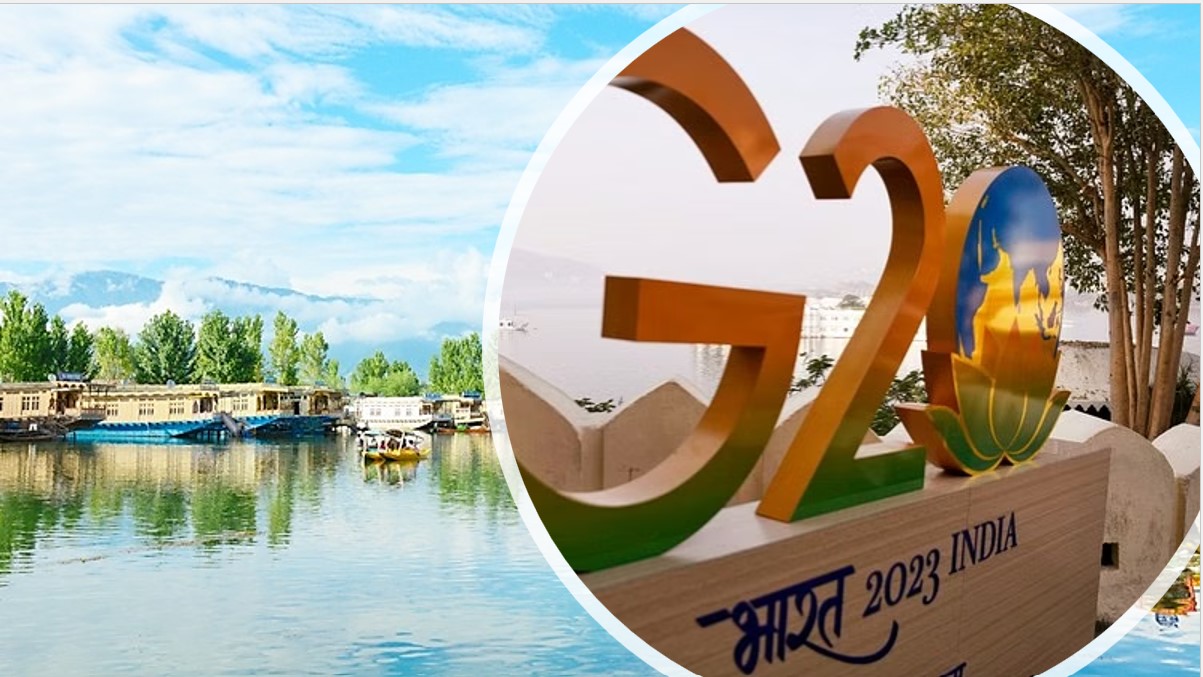
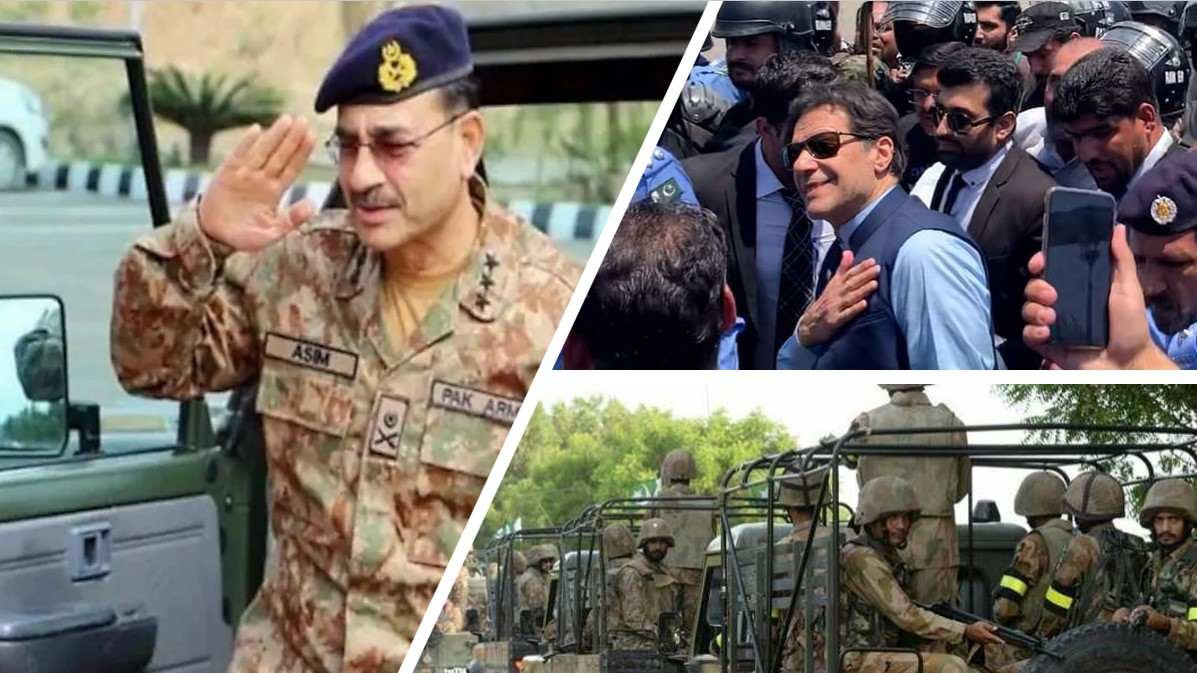
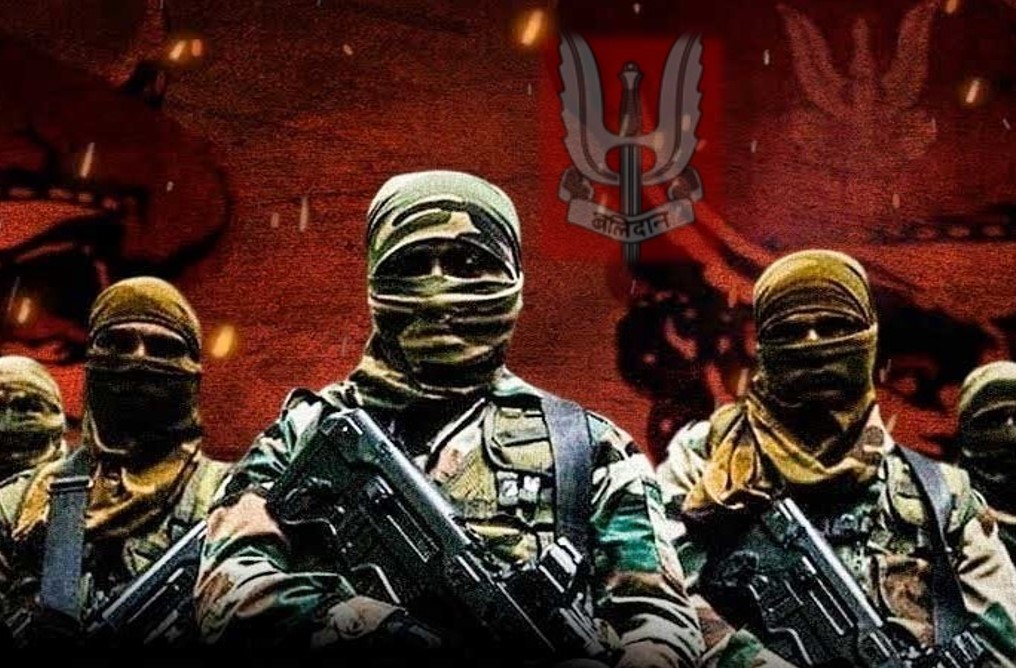
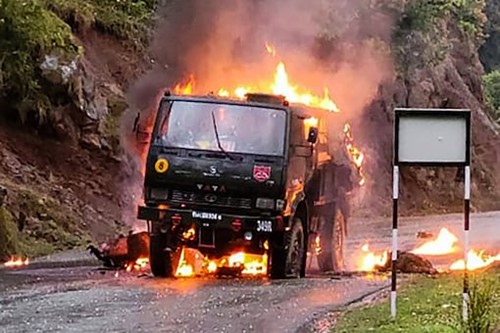
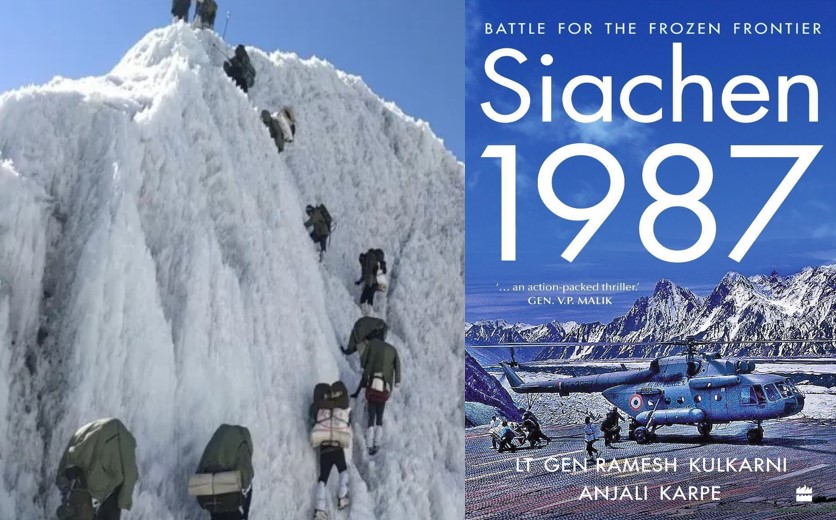
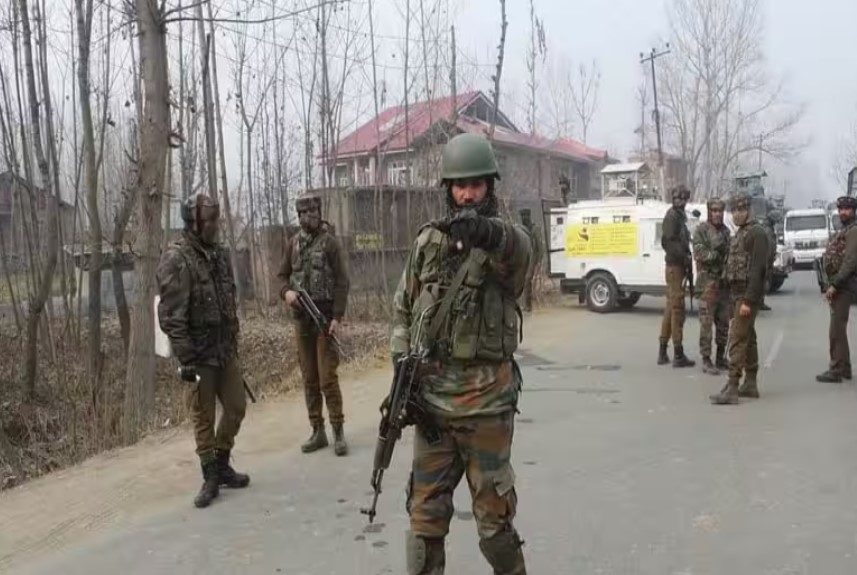
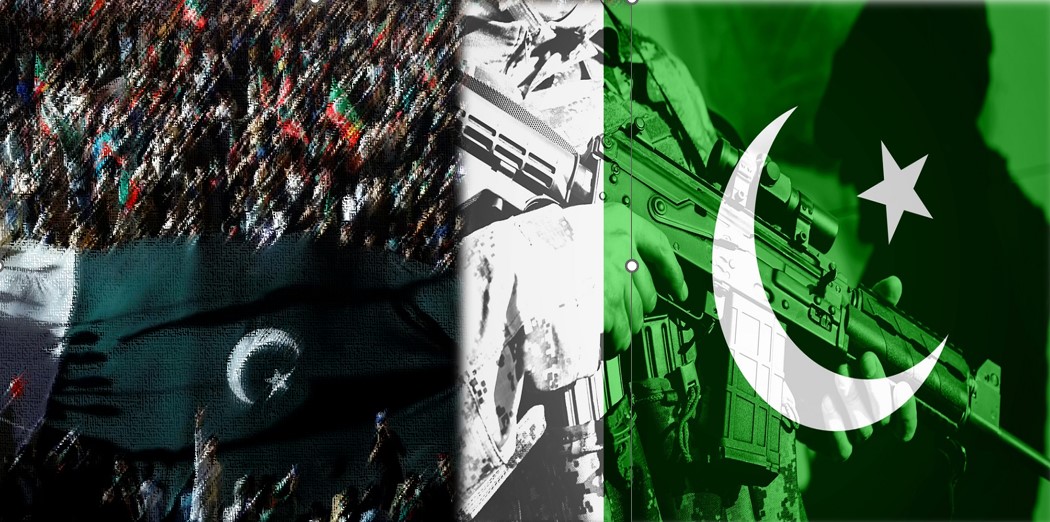
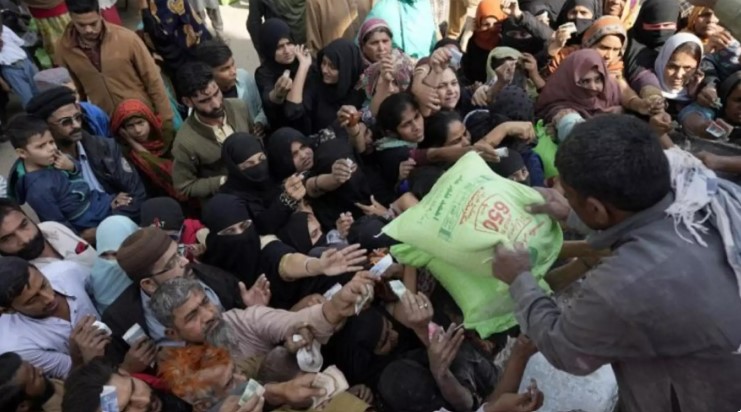






POST COMMENTS (2)
Prem Prakash Patel
Kalidan Singh